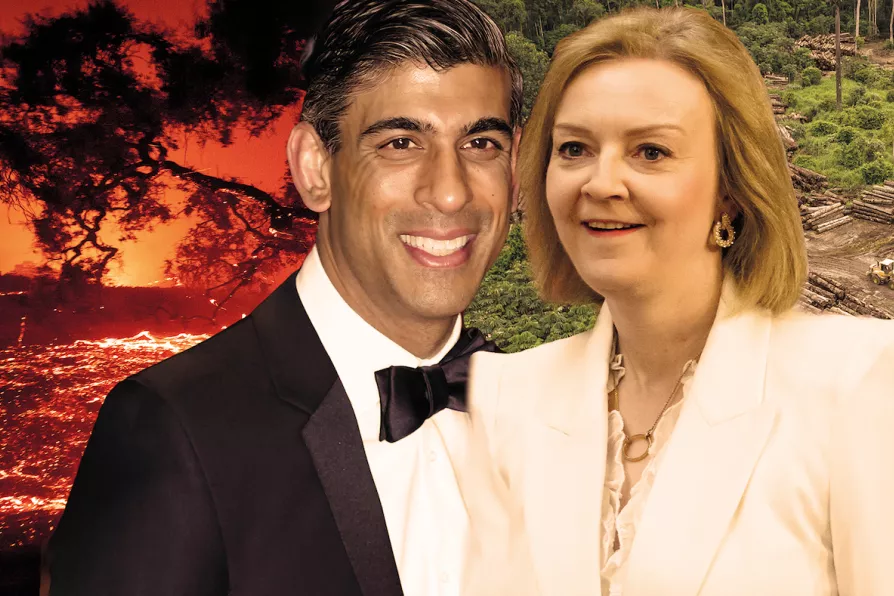Labour prospects in May elections may be irrevocably damaged by Birmingham Council’s costly refusal to settle the year-long dispute, warns STEVE WRIGHT


BRITAIN swelters in an unprecedented heatwave. Tens of thousands of people across Europe flee from fires that defy public control.
The climate change committee reports that Britain is falling behind in its existing climate commitments. And scientists warn that even if we meet the 1.5°C target, this month’s heatwaves are likely to become the summer norm.
You would have thought all this would have made avoiding climate breakdown the centrepiece debate among Conservative contenders to become prime minister.

The collapse of the Atlantic Meridional Overturning Circulation poses an existential threat — but do today’s politicians have the capacity to deliver the more resilient and sustainable economics of tomorrow, wonders ALAN SIMPSON

ALAN SIMPSON warns of a dystopian crossroads where Trump’s wrecking ball meets AI-driven alienation, and argues only a Green New Deal can repair our fractured society before techno-feudalism consumes us all













